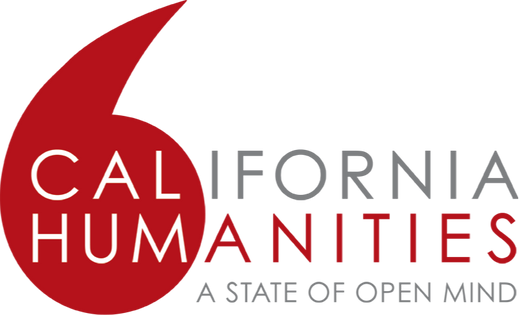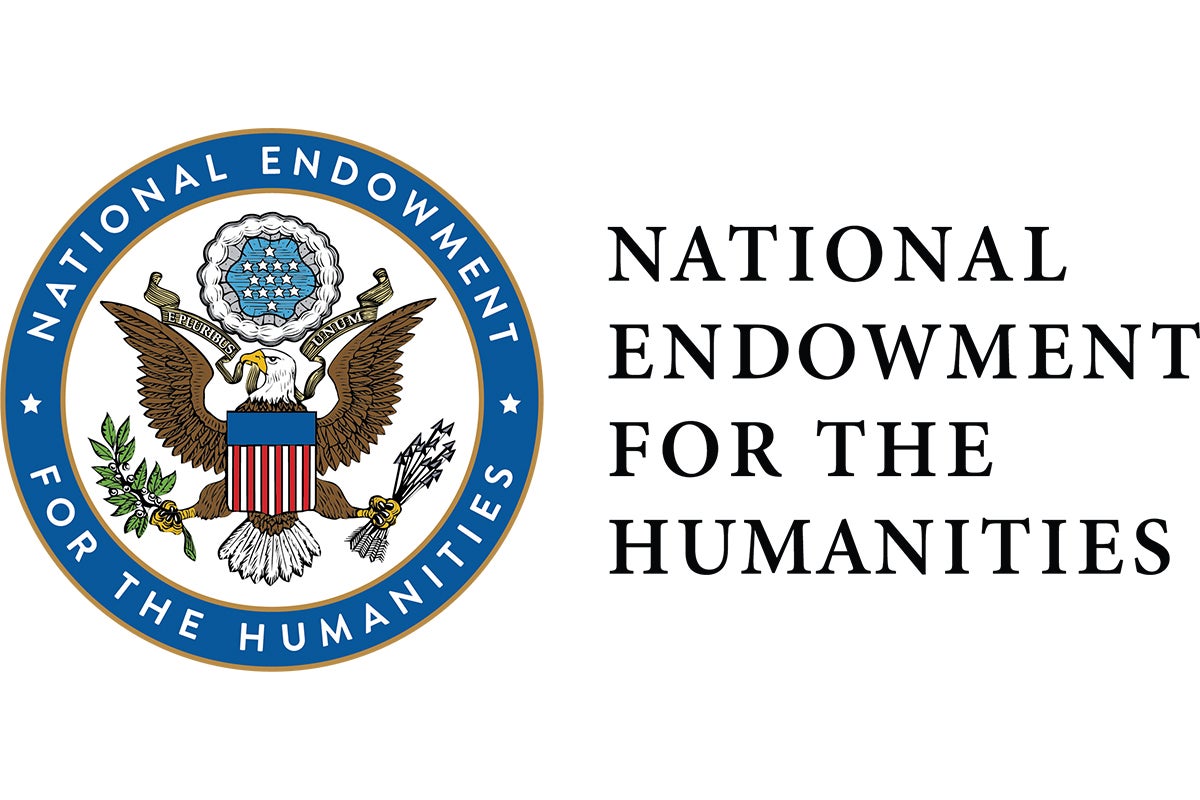
In the 1920s, Southern California’s Inland Empire was a bucolic place, dotted with small towns set amid orange groves. It was also a growing outpost for the Ku Klux Klan, whose members subjected the region’s minority residents to exclusion, harassment, and violence in following decades. Today, antisemitic, anti-Muslim, anti-Black, anti-Latino, anti-Asian, and anti-LGBTQ movements persist, with hate crimes again on the rise, alongside a new generation of domestic extremist groups.
The Inland Empire exemplifies an ongoing tension between hate and resistance, harboring grassroots movements that have banned lessons about race in public schools at the same time as it celebrates the opening of the Cheech Marin Center for Chicano Art & Culture. This duality makes the region a perfect place to grapple with the history of hate in California, and understand past and present efforts to strike back and fight for justice. Can the region’s battles against discrimination chart a path forward for the rest of the state, and nation?
Zócalo and California Humanities welcome California State Assemblymember Corey A. Jackson, Mapping Black California project director Candice Mays, and ACLU SoCal Senior Policy Advocate and Organizer Luis Nolasco to discuss hate’s impact on the Inland Empire, and highlight efforts to resist.
Zócalo invites our in-person audience to continue the conversation with our speakers and each other at a post-event reception with complimentary small bites and beverages.
Zócalo Public Square values audience safety. During events at ASU California Center, as bag searches are not permitted, only clear bags (maximum size 12” x 6” x 12”) and small clutches (maximum size 8 ½” x 5 ½”) are allowed in the venue. Zócalo may be able to provide a limited number of clear bags to help accommodate guests. Questions? Ask us at events@zocalopublicsquare.org.
The Takeaway
Fighting Hate Is the Ultimate Group Project
The Answer to “How Does the Inland Empire Strike Back Against Hate?” Lies in Us All
Racial hate and discrimination are serious problems in California’s Inland Empire—and solving them begins at the most fundamental levels. This was the conclusion of a panel of people who study …









